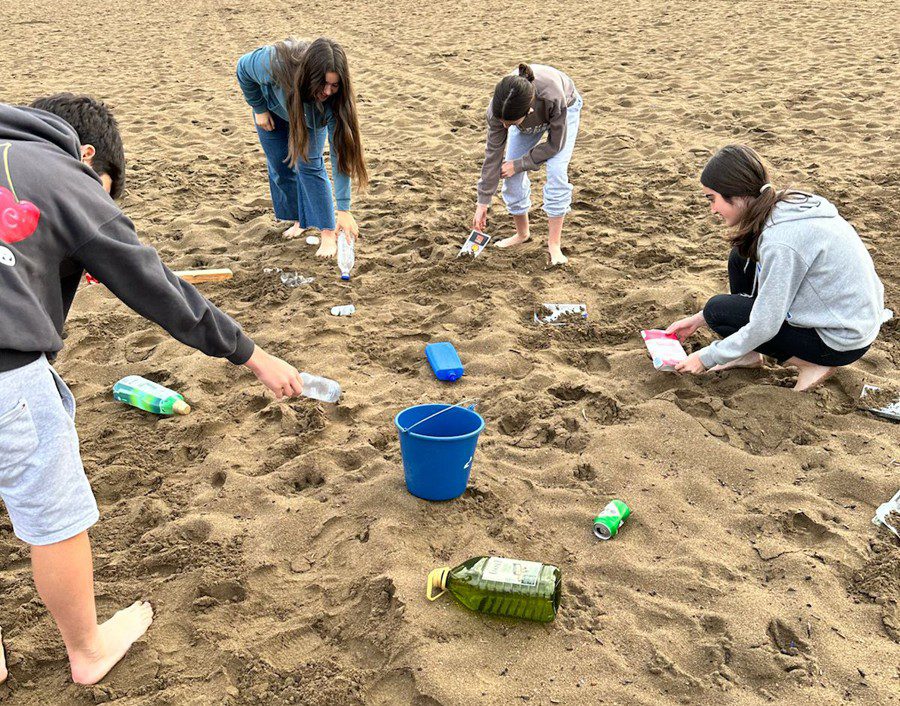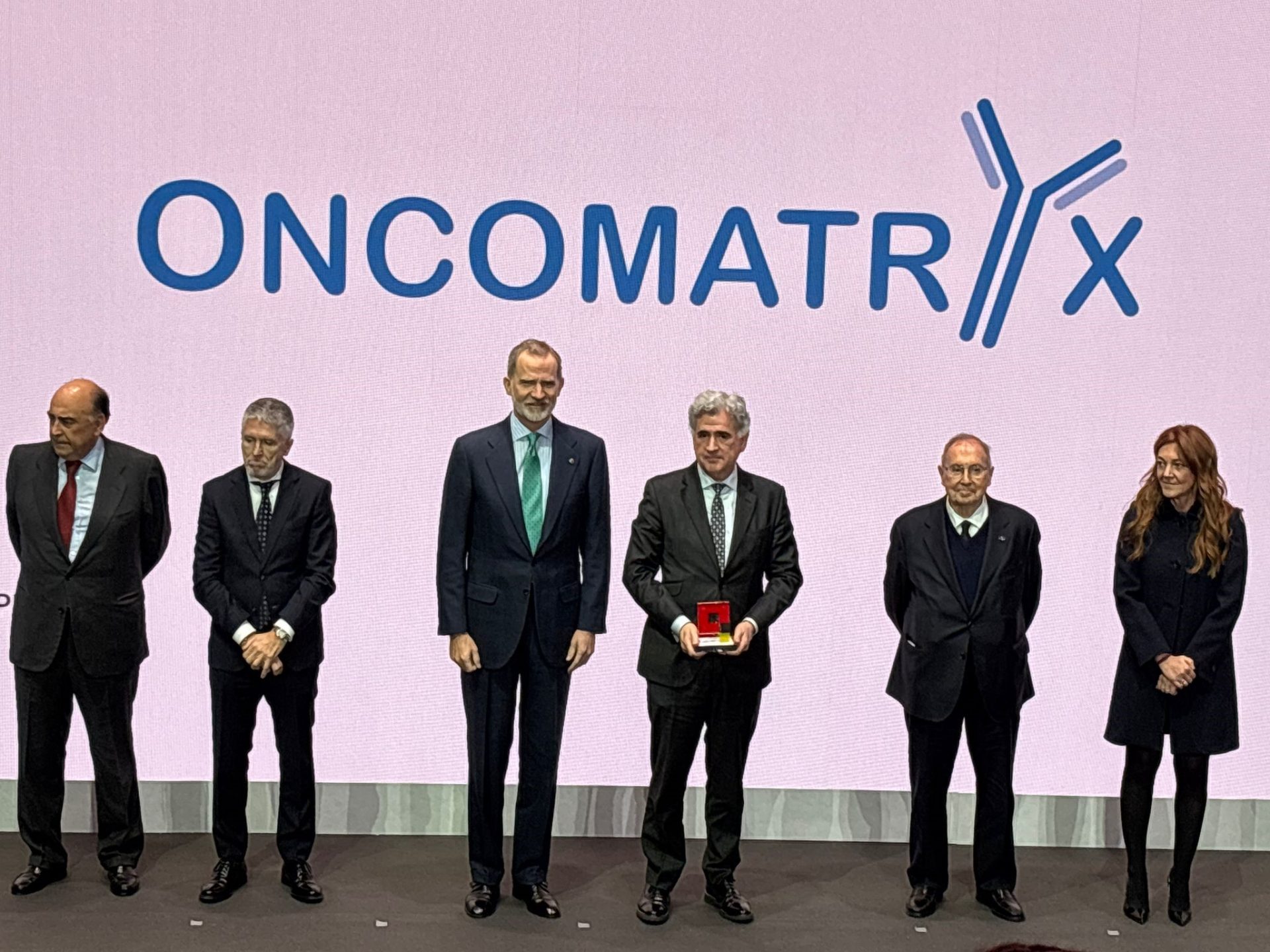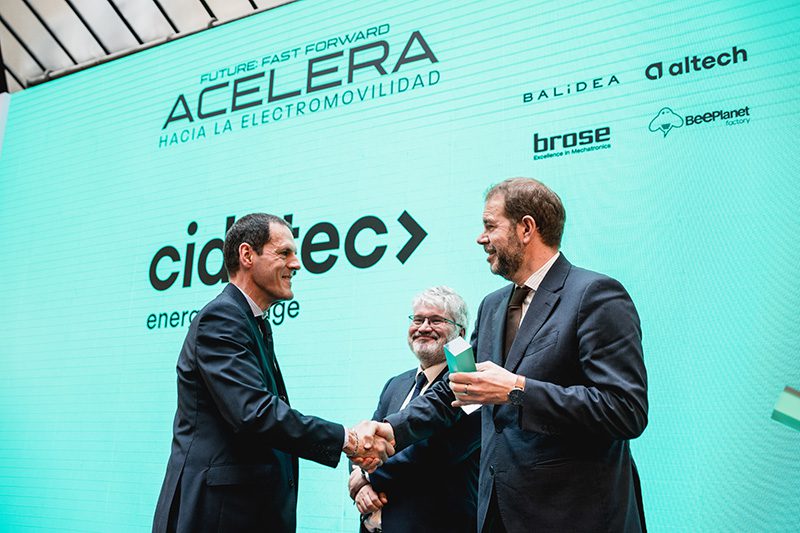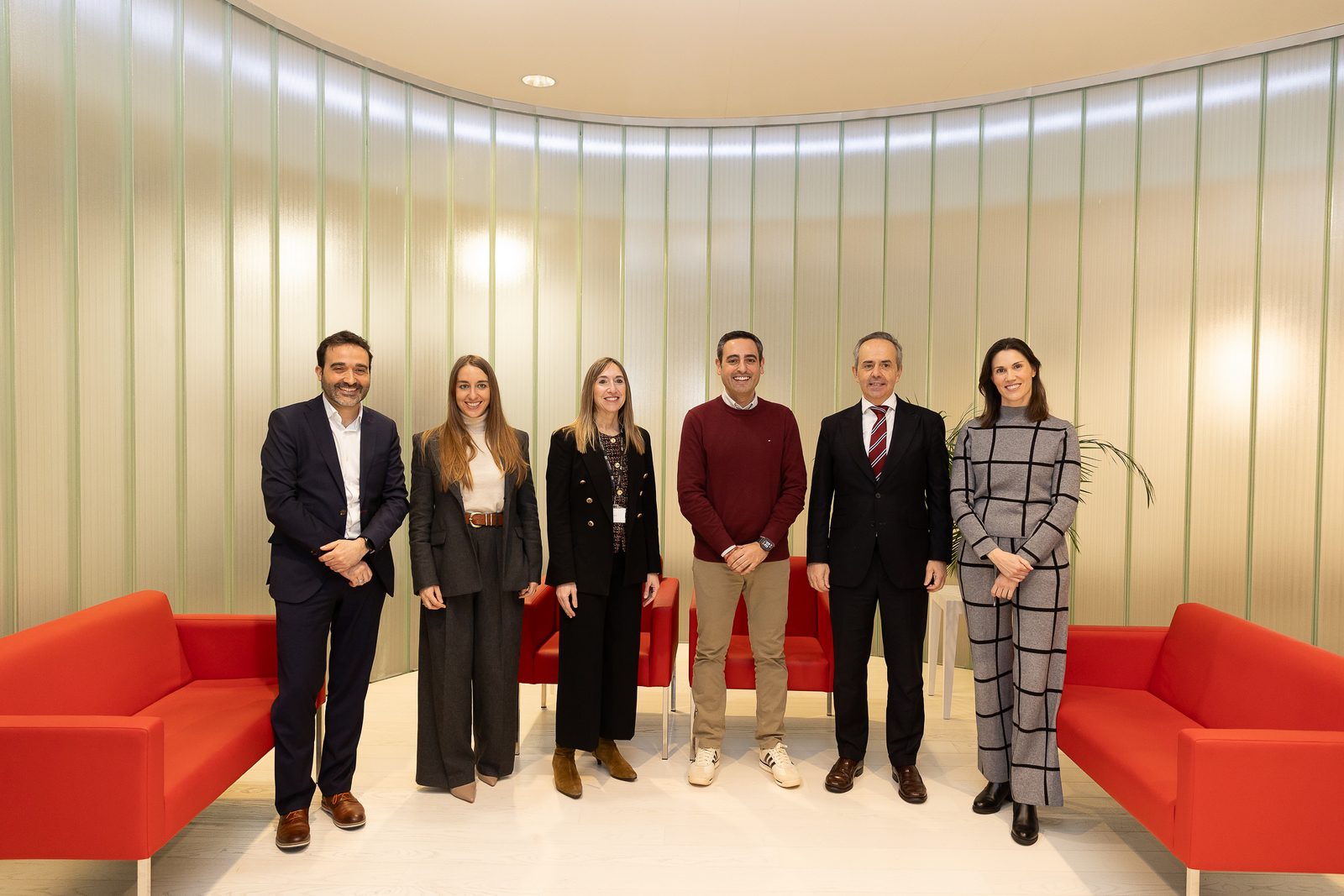Tecnalia promotes sustainable construction in the Galapagos archipelago
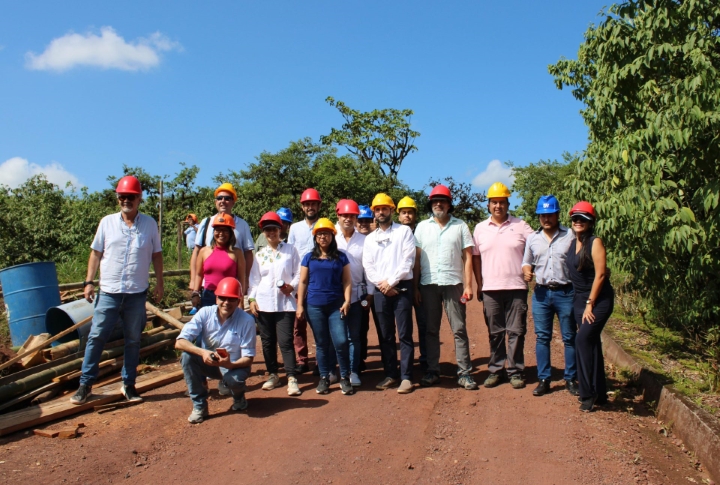
The research and technological development centre has trained more than 50 agents in the archipelago’s construction chain to promote sustainable building on the islands. In addition, TECNALIA has validated the design of the refurbishment projects to be carried out in the Galapagos based on the sustainability standards defined by the technology centre. The refurbishment projects to be undertaken are a school, a hotel and a residential building.
 The evolution towards sustainable construction must be a global commitment on the road to a planet with fewer emissions. This is why the research and technological development centre TECNALIA is involved in a project that promotes the paradigm shift towards sustainable construction in the Galapagos archipelago. Through the development of local public policies, the aim is to reduce energy demand and greenhouse gas emissions in the islands’ building stock.
The evolution towards sustainable construction must be a global commitment on the road to a planet with fewer emissions. This is why the research and technological development centre TECNALIA is involved in a project that promotes the paradigm shift towards sustainable construction in the Galapagos archipelago. Through the development of local public policies, the aim is to reduce energy demand and greenhouse gas emissions in the islands’ building stock.
TECNALIA has trained around twenty agents in the local construction chain – builders, architects, craftsmen, workers, owners, etc. – on each of the three islands that make up the archipelago. A school-workshop has been set up to train students by TECNALIA content experts, content managers and facilitators, and other staff. Civil servants on each island will also be trained for the same purpose.
TECNALIA’s work has consisted of defining and developing the content of the workshops. They have mainly focused on strategies to improve the energy efficiency of buildings, water saving and indoor comfort, as well as their resilience to climate change. Other aspects such as the use of local materials from the vernacular architecture of the islands, the visual impact of the application of the strategies and the cost of implementation have also been considered.
The projects
As part of this project, three Living Labs will be developed in existing buildings, one per island, where the sustainable construction standards developed and validated by TECNALIA through, for example, energy simulations, will be implemented. The three Living Labs to be set up are the Barcelona residential building on San Cristóbal Island, the Paraíso de Isabela Hotel on Isabela Island, and the Galo Plaza Lasso School on Santa Cruz Island, the project for which has already begun.
Sustainable building standards, both for the retrofitting of existing buildings and for new construction, are based on three main strategies: minimising heat gains, maximising cooling and the application of active measures to save energy and water consumption. All these strategies are relatively simple to apply and in the case of the measures to be implemented in the 3 Living Labs, they can save up to 50% of electricity use in buildings. In addition, participatory public policy mechanisms will be applied that are expected to be widely implemented in Galapagos, Latin America and the Caribbean.
In the specific case of the Galo Plaza School project, strategies will be implemented to minimise heat gains through solar shading and roof insulation to reduce thermal loads, as well as to maximise cooling through the application of strategies to promote natural ventilation of the interior space. In addition, renewable energy generation systems will be installed to reduce the school’s energy consumption and water saving techniques will be applied in the toilets.
This project is part of the initiative for the “Survey and development of sustainable performance standards for buildings in the Galapagos Archipelago”, which was launched in 2017 as part of the strategy proposed for the Galapagos Archipelago in the National Energy Efficiency Plan 2016-2035 and the “zero fossil fuels for Galapagos” initiative. The project seeks to promote the development and transfer of environmentally sound technologies to help reduce greenhouse gas emissions and vulnerability to climate change.
